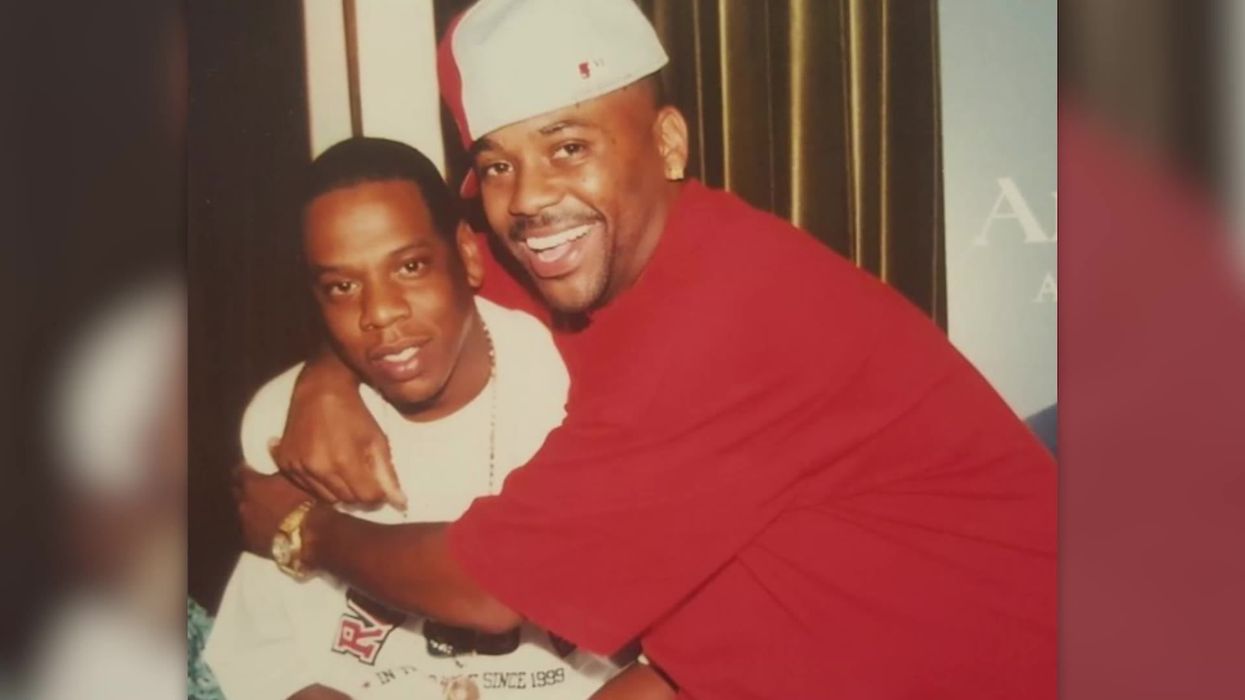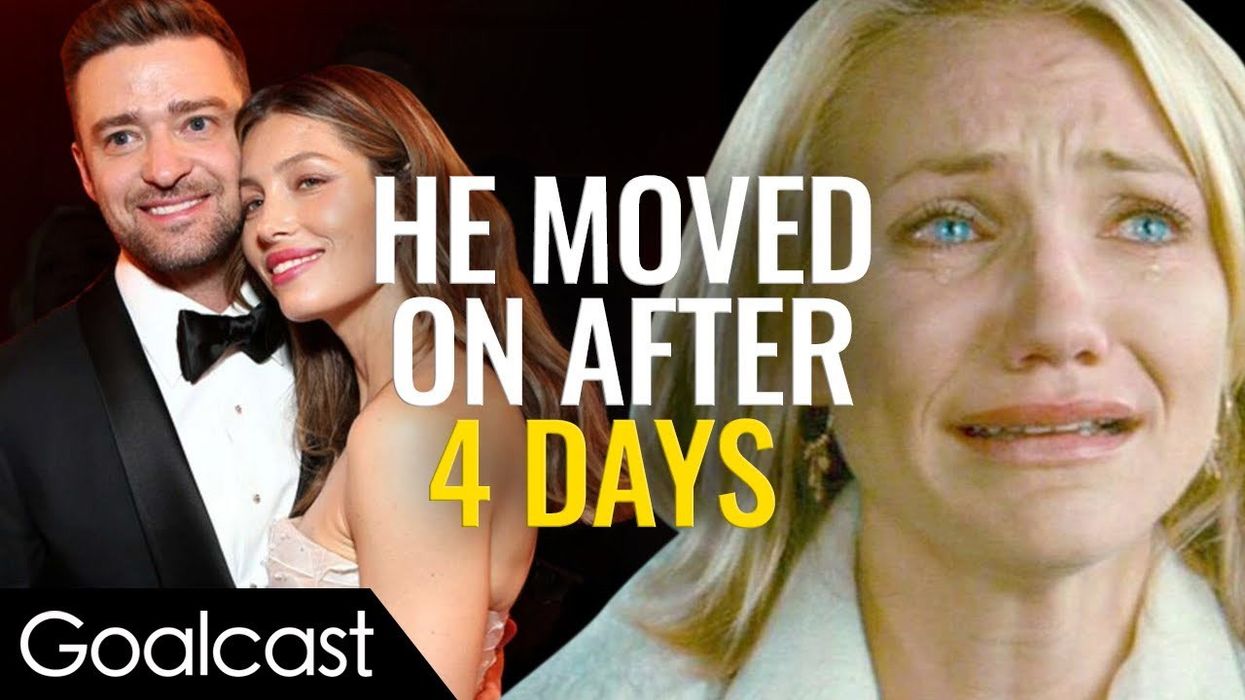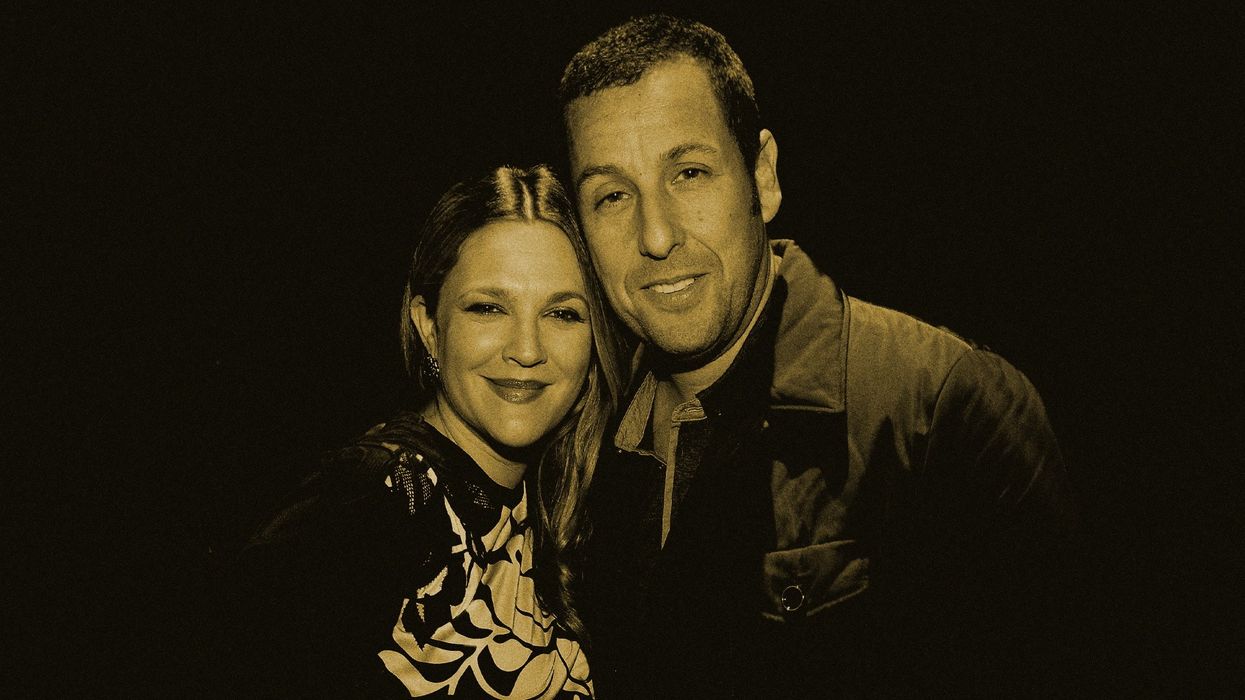
Why New Year's Resolutions Don’t Work For You (And What To Do Instead)
New Year's resolutions are tricky for most, but by changing our mindset towards how we approach our goals, we can increase our chances to achieve them .
New Year’s resolutions have never been my thing. While I’m very aware that, for many, they can be powerful, life-altering promises to the self, it does seem that the vast majority of people fail at keeping their resolutions.
I’m actually convinced that speaking these promises out loud to others at holiday parties actually lessens one’s chances of success. Let’s face it: New Year’s resolutions are gimmicky.
The fact is, if you’re going to make meaningful changes in your life, the time is now, not later.
Studies on the holding power of New Year’s resolutions are inconclusive at best. One survey finds that 4 out of 5 people will eventually break their resolutions, while another reports a higher success rate. Yet, both agree that approximately a third of resolutions don’t make it past the first month.
Another study found that less than 10% of New Year's resolutions are actually achieved. While there’s a lot of advice floating around out there, I believe that in order to do your personal goals justice, you need to understand a few key truths about failed resolutions.
Here is a helpful guide for implementing change in the New Year:
1. Significant change is not instant (nothing worthwhile is)
It’s hardly news that people often centre their resolutions around kicking bad habits. Whether it’s smoking, drinking, or not eating right, I’d say stopping unhealthy behaviors makes up the bulk of New Year’s resolutions.
But we often underestimate how long it takes to kick a bad habit. Common knowledge says about 3 weeks. We also often forget that when you stop doing something ‘bad,’ you need to replace it with something ‘good.’ But it can take 66 days on average before a new habit becomes, well, habitual.
My point? Many people become discouraged and give up long before putting the necessary time in.
2. It’s better to do one thing wholeheartedly than 10 things halfway
Resolution enthusiasts often make long lists of rather all-encompassing behaviors they want to change, like losing weight rather than gaining it or saving money rather than spending it.
Many of these goals require serious heavy lifting and sustained effort. So start by picking only one thing and then dedicating all your efforts to achieve it, starting from scratch.
There is no need to multitask when it comes to self-improvement.
There’s a resolution for you: stop glorifying people who multitask and hone in on your individual goals.
3. Cold turkey is not necessarily hardcore, succeeding is
If your goal is to cut back on caffeine, promising yourself you will “never drink coffee or energy drinks ever again” is an extreme statement. This method is called 'cold turkey,' and it involves abruptly ceasing a habit without preamble.
While it can be the most effective tactic for some, scaling back slowly and gradually sticks much better for many. So rid yourself of the notion that it should be all or nothing.
4. You can’t skip the process (the journey is the destination)
It’s all too easy to get overwhelmed by focusing on the destination (substantial changes down the road) as opposed to the journey, which contains small changes in the here and now. But unfortunately, the journey cannot be skipped over.
Harvard social psychologist Amy Cuddy says that for years her resolution was to ‘become a runner.’ To her, this meant becoming a hyper self-disciplined person capable of tackling marathons.
Each January, she’d start running, only to quit weeks later, feeling like a failure. But one day she decided to just go for a run—without thinking of all those future runs. She didn't worry about time or judge herself for needing a process. This was what ultimately helped her focus on starting to run rather than feeling like a failure for not being a runner.
5. Motivation has a shelf life and it’s best to acknowledge that
No one stays motivated for all 365 days of the year. First of all (particularly for those of us who live through winter seasons), coming down from the holidays can feel particularly harsh.
With the entire year still ahead of you and summer a million miles away, big life changes involving massive self-discipline can represent a serious challenge. Not to mention, when you have a whole year to achieve something, it's easy to procrastinate—possibly forever.
Short-term daily or weekly goals tend to be more successful because you feel rewarded regularly and motivated to keep moving toward that next achievement. And then one day, you’ve accomplished something big, without even noticing how you got there.
What to do instead?
If something in your life’s got to give and you’re determined to make New Year’s resolutions, I do hope I’ve convinced you in a more general sense that one need not wait until January to implement change. That being said, I offer you these additional tips as well:
- Put less pressure on yourself by setting well-integrated, forgiving intentions rather than die-hard, goal-oriented resolutions. The difference? An intention lacks the inherent succeed-or-fail opposition. It also values effort, experience, and process rather than only results, and is rooted in the present instead of the future.
- Base your intentions on what you want to be doing rather than what you think you should be doing, and it’ll make all the difference in the world.
- Frame it positively. Instead of telling yourself you will watch less TV, or drop that extra weight, or be more social, why not enroll in a dance class and commit to going?
Ultimately, as the American poet Carl Sandburg said, “beware of advice, even this.” No two people are wired the same way, so there is no one-size-fits-all approach when it comes to self-improvement. One thing’s for sure, though: if you have the will, you got this.
More helpful articles:































